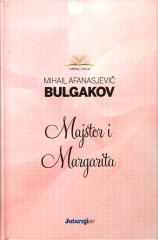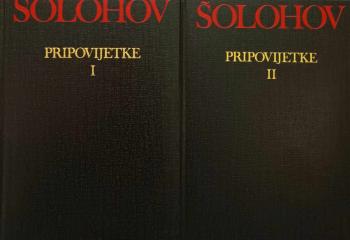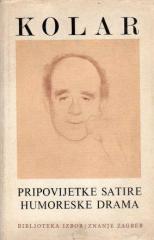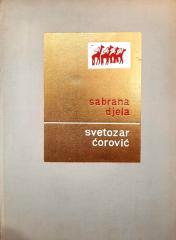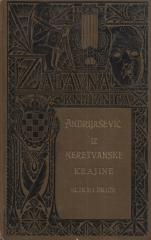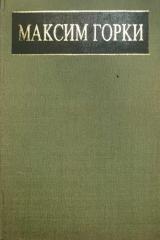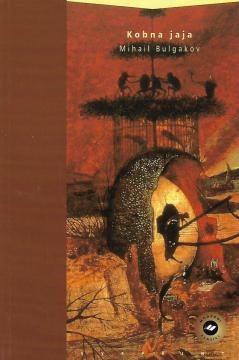
Kobna jaja: Pripovijest
The story Fatal Eggs (1924) is a satirical science fiction story set in Moscow in 1928, during the Soviet reconstruction after the Civil War. The city is flourishing, but bureaucracy and totalitarianism are in the air.
The main character, zoology professor Vladimir Ipatievich Persikov, a specialist in amphibians, accidentally discovers a "red ray" through a microscope: the ray accelerates cell reproduction, making the amoeba aggressive and hyperactive. Experiments confirm the effect - frogs evolve in two days, becoming predators. The invention quickly attracts attention: journalists, spies and the GPU (secret police) celebrate it as the salvation of the Soviet Union.
At the same time, a mysterious plague wipes out all the poultry in the USSR, stopping at the border. To save the economy, the authorities confiscate Persikov's equipment and give it to Alexander Semyonovich Rokk, an ambitious state farm manager (the name alludes to "rok" - fate). Rokk plans to mass-breed chickens to feed the proletariat.
However, a shipping error changes everything: ordinary chicken eggs end up in Persikov's laboratory, and Rokk receives reptile eggs from abroad (snakes, crocodiles, ostriches). Under the red sky, reptiles explode into gigantic, murderous beasts: ten-meter-long snakes chase people, ostriches smash trains, crocodiles run through the streets. Moscow sinks into chaos – panic, riots, military intervention by the Red Army.
Persikov, accused of the disaster, is the lynchpin of the crowd. The crowd smashes the cameras. Snakes besiege the city, but an unexpected frost in August (a miracle of nature) destroys them, saving Moscow. An earlier draft ends apocalyptically: snakes devour the capital.
Through the grotesque, Bulgakov ridicules Soviet enthusiasm, bureaucratic incompetence and science without control. Persikov symbolizes a genius isolationist, Rokk – a careerist bureaucrat. The work criticizes utopian dreams and totalitarian interventions.
One copy is available
